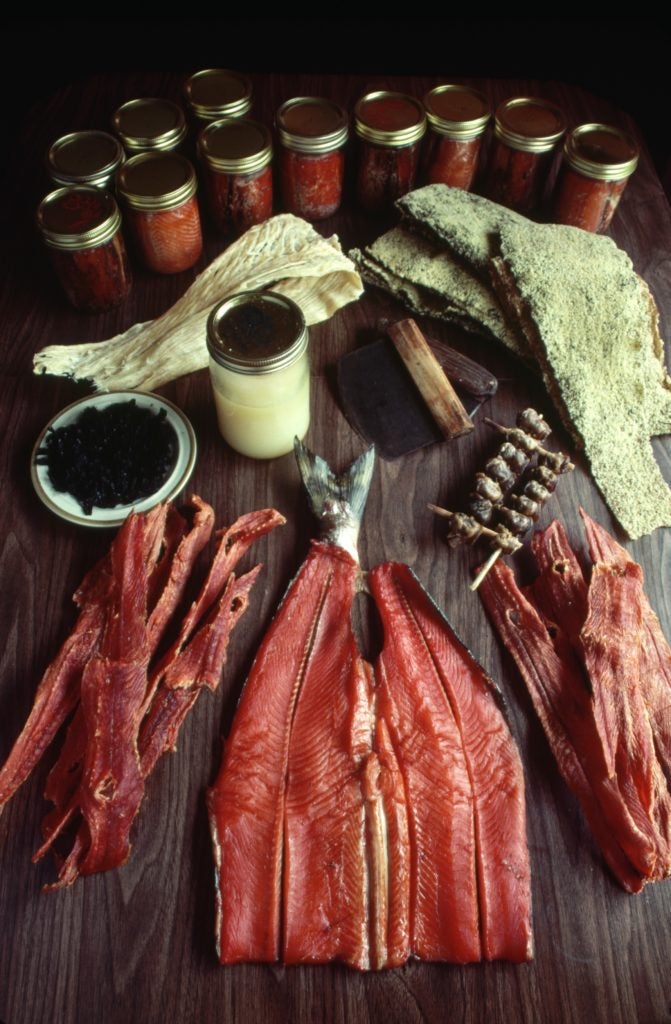
This project is done in collaboration with Prof. Anne Salomon (SFU), Prof. Laurie Chan (U of Ottawa), and Prof. William Cheung (UBC). I am working to support the nutrition and food security conceptualizations and research as part of the larger effort. As this project has just been launched, there is potential for getting involved in field work through these collaborations.
The objective of this research is to: 1) Measure how First Nations fisheries catch portfolios and their resilience have changed through time and across spatial scales, and identify dominant drivers of change; 2) Model alternative management strategies and identify how they will affect key fisheries, marine predators (especially sea otters) and the ecosystem services they provide specifically food, cultural, health and indirect ecosystem benefits associated with increased kelp abundance (i.e., carbon sequestration, nursery habitat for fish, reduced coastal erosion etc.); and 3) Inform decision-making and governance transformations needed to recovery depleted fisheries, improve Indigenous access to fisheries, and maintain resilient future fisheries and associated marine resources.
References:
Marushka, L., T-A. Kenny, M. Batal, W.W.L. Cheung, K. Fediuk, C.D. Golden, A.K. Salomon, T. Sadik, L. V. Weatherdon, H.M. Chan. 2019. Impacts of climate-related decline of seafood harvest on nutritional status of coastal First Nations in British Columbia, Canada. PLoS ONE 14(2), e0211473.



